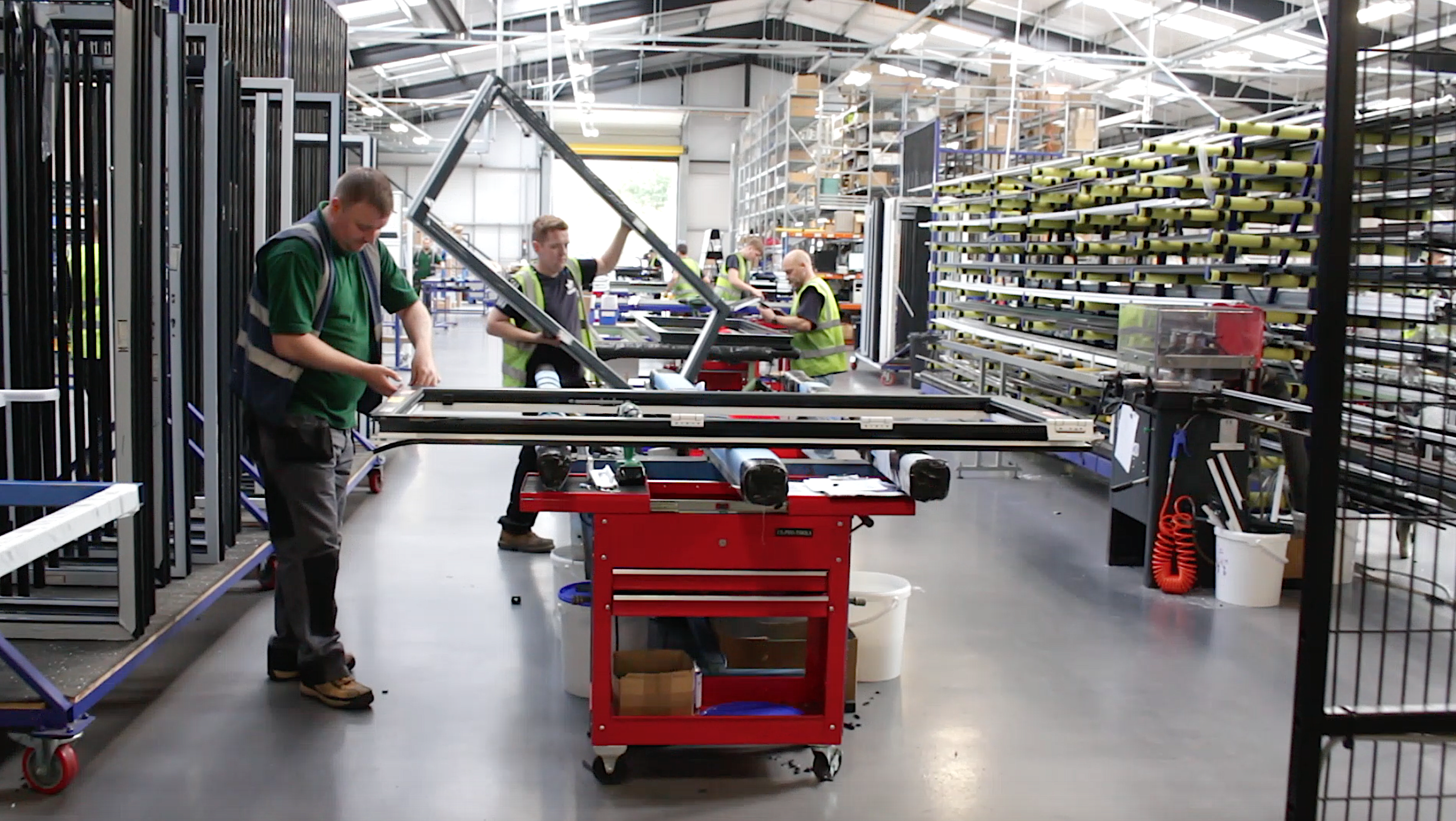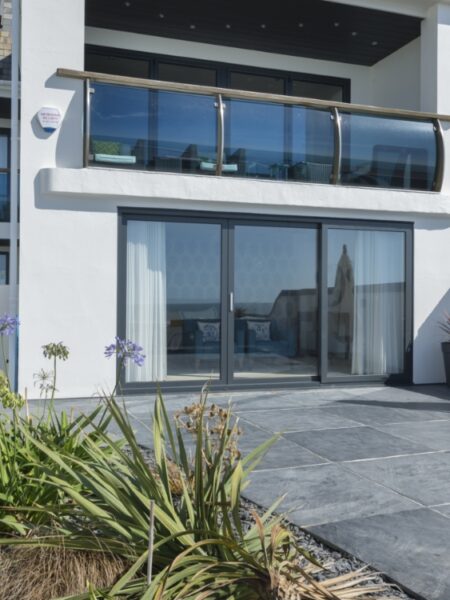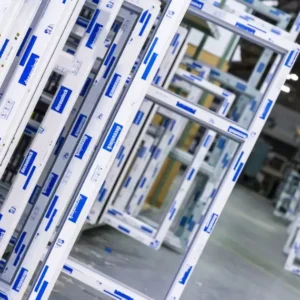
Force Majeure?

With the dust now settling on what proved a tumultuous summer, there are plenty of installers – and fabricators – reflecting on the reliability of their supply chains. Glass, foils, hardware – were in short supply in a summer that saw disruption to manufacture because of lockdown ‘collide and fuse’ with unprecedented growth in end-user demand.
So, was it simply ‘force majeure’, or was it to point at least, predictable? “It’s easy to look back now and think we should have seen it coming, or at least some of it”, says Mike Parczuk, Managing Director.
“Were we prepared – as an industry? No, I don’t think we were. And that goes from individual installers right through to systems houses and those who supply them. Were systems houses running outage scenarios? Maybe some – but many others clearly weren’t.
“What we saw was an incredible response from the industry to adapt to the challenges that lockdown and COVID-19 presented – something that’s no small feat in itself. But I’m not convinced people had planned for it and for me that’s the point. We need to learn from the last six or seven months, so that we can be better going forward. We now know what we’re dealing with.”
Longer lead times aren’t unreasonable in a buoyant market
Although we pushed out lead times on some products, our relationship with Deceuninck and Smarts, amongst others, meant that we side-stepped many of the pressures that other fabricators faced within their own supply chains, particularly on PVC-U foils.
“Our PVC-U and aluminium supply held up. Glass was more of a challenge”, says Mike, this despite manufacturing IGUs inhouse in our own state-of-the-art manufacturing facility. “If certain glass types aren’t there or on extended lead times, it doesn’t matter what your capacity is.
“What would have made a difference for us as a fabricator – and as a consequence the entire supply chain – would be increased visibility and longer lead times on orders.
“No one suddenly decides to buy a houseful of windows and demands that they’re fitted within five or seven days. We – I think homeowners, already are – need to be more realistic about lead times.
Mike points out that going into the autumn many installers order books were running out to 12-weeks or more. “We didn’t have to extend our lead times that far, but if we had extended to six-weeks, would it have mattered? I don’t think it would”, he muses.
“If we forecast better, we become more efficient, the supply chain becomes more solid and we don’t encounter the disruption that we’ve seen. That’s not something I can do as a fabricator. It needs to start with installers.”
Here at Sterfenster, this is something we are already working on. In addition to lead generation support, we have also developed our own CRM system, designed to support installers in managing their businesses more effectively from how they manage leads to scheduling, placement and invoicing of jobs.
‘Flattening the curve(s)’
He argues that this closer working and partnership throughout the supply chain supports each tier within it – systems company, fabricator and installer – in insulating our operations from market volatility, making supply more reliable.
“There’s a need for greater transparency – and honesty”, Mike says “With ourselves, with our customers and our suppliers, if relationships are going to work.
“Because our customers (well most of them!), have been honest with us, we’ve been able to be honest with our suppliers and to manage demand more effectively.
“That is also built on a level of loyalty. We need our customers to be loyal (again most are!), because it means that we can invest and support them better. When you’re operating in what remains a volatile market, those relationships assume far greater value.”
He adds with pre-packs a feature of window and door supply pre-and post-lockdown, and with the UK teetering on the brink of a no-deal exit from the Single European Market, at the end of this year, stability of supply will remain a pressing concern for the industry at large throughout 2021.
Investment-led
This also highlights the importance of continuing investment. He argues those companies that have adapted to COVID-19 working best, have been those prepared to invest in their operations short – and long-term.
“We came in for a little bit of stick for coming back as early as we did”, continues Mike, who started re-building capacity in early April. “We weren’t alone in doing it – but we took a business risk. There was no way that if we brought people back the work was going to be there for them.
“It was an investment that we made and others didn’t. That meant that we were able to build capacity in line with demand, and until everything went completely crazy in July and August, manage it effectively.
“In the same way the long-term investment that we have made in our operations also allowed us to switch on capacity as we required it. If you’re sweating old assets, you can’t do that.”
In addition to its state-of-the-art PVC-U and IGU lines, we committed to a £3.6m investment in a dedicated aluminium manufacturing facility in 2017. With a 30,000 sq ft shop-floor footprint including our own powder coating line. plus 10,000 sq ft of office space.
And COVID-19 hasn’t dented our investment programme, taking receipt of a new Schirmer ALU BAZ Composite Orbit-C machining and cutting centre in October with the delivery of a new FOM Ever Theta Corner Crimping Machine scheduled next November.
Additions to our bi-fold and inline sliding door lines, they allow us to build increased capacity at the same time bringing exacting and consistent standards to manufacture.
“We’ve also brought in a further 30 factory operatives”, adds Mike. “The new machinery platforms aren’t necessarily investments that we have made simply because of the increased demand that we’ve seen in the last few months. They’re part of a strategic plan to build capacity and improve product quality.
“You can see who is investing in the industry by simply looking at when they came back to work and how they’ve manged the return.
“There’s no question, the demand has been exceptional; the disruption, the volatility in the market and the underlying uncertainty about everything!” he says
“But I’d suggest at systems and fabrication level there are ‘the horses you’d want to back’ and others you’re probably better avoiding and you probably know who they are already.”








